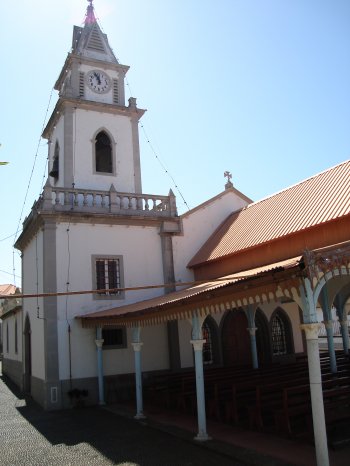Explore the best places
Heritage in Portugal
Ponte Romana de Muge
- heritage
Muge
2125, Muge
Roman and medieval bridge crossing the Muge River. The deck is supported by three unequal, round arches.
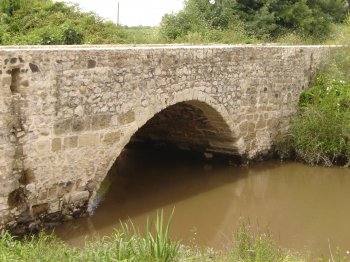
Praça de Touros de Salvaterra de Magos
- heritage
Avenida Doutor Roberto Ferreira Fonseca
2120, Salvaterra de Magos
Opened on August 1, 1920, the circular building has 3,992 seats.
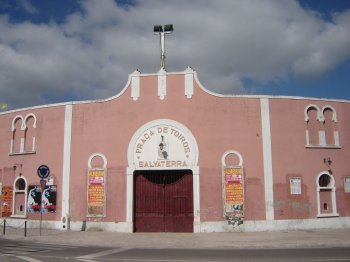
Igreja Paroquial de São Paulo / Igreja Matriz de Salvaterra de Magos
- heritage
Rua Luís de Camões, 39
2120, Salvaterra de Magos
This church is located in the main square of Salvaterra de Magos, with construction beginning in 1296 and undergoing several subsequent renovations. In the former sacristy, one of the tile panels bears a cartouche with the date 1725. Inside, one of the naves has a false wooden vaulted ceiling with a painting depicting its patron saint, Saint Paul, rising to heaven, guarded by a group of angels.
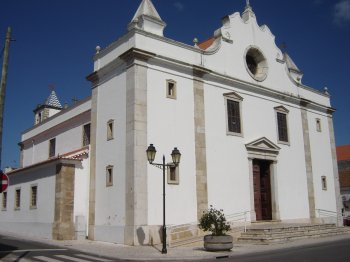
Falcoaria do Antigo Paço Real de Salvaterra de Magos
- heritage
Avenida José Luís Brito Seabra, 3
2120-051, Salvaterra de Magos
The chapel and falconry are the only remaining elements of the former Royal Palace, where the royal family would travel, especially during hunting season. The falconry, unique in Portugal, is a building with approximately 305 niches for the protection of the birds used in falcon training.
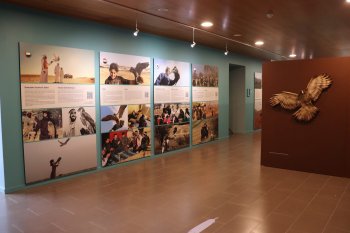
Palácio da Casa Cadaval
- heritage
Rua Vasco da Gama
2125, Muge
Also known as the Palace of the Dukes of Cadaval, this building has undergone several expansion works and has a chapel dedicated to Our Lady of Glory.
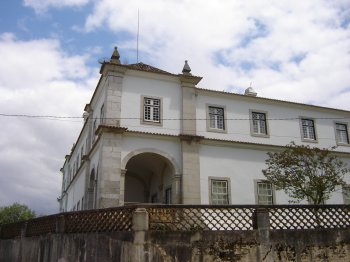
Capela do Antigo Paço Real de Salvaterra de Magos
- heritage
Praça da República
2120, Salvaterra de Magos
Mannerist temple with a square floor plan, featuring a 17th-century gilded altar, a 16th-century pietà, and paintings and images from the 17th and 18th centuries.
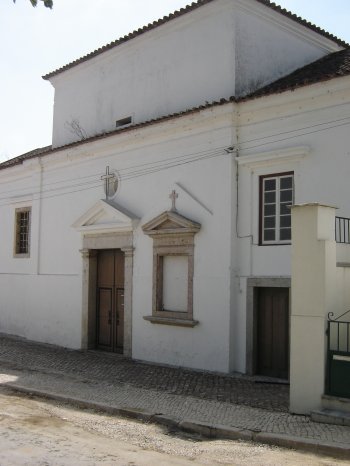
Igreja da Misericórdia de Salvaterra de Magos
- heritage
Rua Luís de Camões
2120, Salvaterra de Magos
The Misericórdia Church features Mannerist and Rococo architecture. It is flanked by a bell tower and has a nave covered by a wooden ceiling and a vaulted chancel.
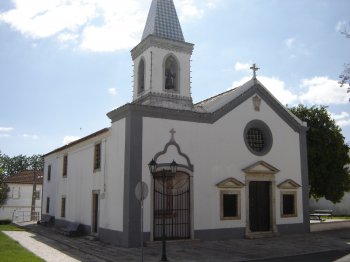
Museu Etnográfico de Glória do Ribatejo
- heritage
Rua da Fonte Velha, 10
2125-027, Glória do Ribatejo
A set of two museum centers: the Ethnographic Museum, where the history of the local population is presented, and the Traditional House, a space where the habitat of a small peasant from the 1940s has been recreated.
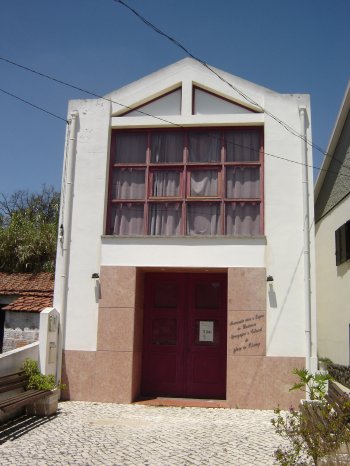
Igreja Matriz da Calheta / Igreja do Espírito Santo
- heritage
Avenida Dom Manuel I, 23
9370, Calheta
Manueline and Mannerist church with a longitudinal plan, built in the late 15th century and expanded and remodeled in the 17th century. Inside, highlights include the Renaissance holy water font and the ebony tabernacle.
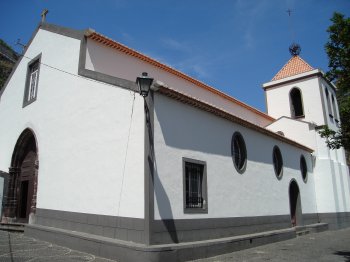
Capela de Nossa Senhora do Loreto
- heritage
Arco da Calheta
9370, Arco da Calheta
A revivalist and Manueline church with a longitudinal plan and a single nave, featuring a Renaissance holy water font. It was built in the 16th century and underwent renovations in the 20th century.
